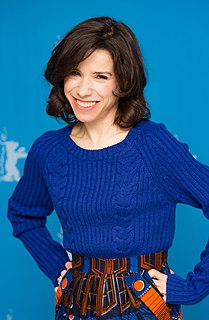A Quote by Gilbert K. Chesterton
Related Quotes
The most effective way to close down the human mind and to manipulate its sense of self is to program into it some form of dogma. A dogma will always vehemently defend itself from other information and repel any alternative opinion which contradicts its narrow, solidified view. Dogmas become a person's sense of security and means of retaining power, and humanity tends to cling to both until its knuckles turn white. Dogmas take endless forms, and when you can persuade different people to hold opposing dogmas, the manipulation of conflict and control through "divide and rule" becomes easy.
The Four Noble Truths are pragmatic rather than dogmatic. They suggest a course of action to be followed rather than a set of dogmas to be believed. The four truths are prescriptions for behavior rather than descriptions of reality. The Buddha compares himself to a doctor who offers a course of therapeutic treatment to heal one’s ills. To embark on such a therapy is not designed to bring one any closer to ‘the Truth’ but to enable one’s life to flourish here and now, hopefully leaving a legacy that will continue to have beneficial repercussions after one’s death. (154)
There are several kinds of truths, and it is customary to place in the first order mathematical truths, which are, however, only truths of definition. These definitions rest upon simple, but abstract, suppositions, and all truths in this category are only constructed, but abstract, consequences of these definitions ... Physical truths, to the contrary, are in no way arbitrary, and do not depend on us.
There are different kinds of truths for different kinds of people. There are truths appropriate for children; truths that are appropriate for students; truths that are appropriate for educated adults; and truths that are appropriate for highly educated adults, and the notion that there should be one set of truths available to everyone is a modern democratic fallacy. It doesn't work.


































